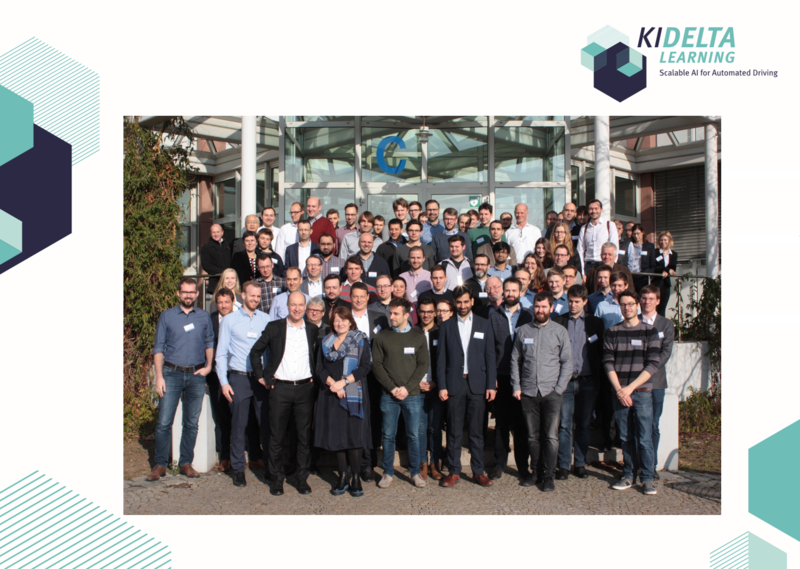Autonomous driving: Research project KI Delta Learning develops efficient training methods for AI modules

Highly automated and autonomous vehicles are supposed to become an integral part of everyday traffic. However, constantly changing traffic situations are still an obstacle to the development of autonomous vehicles ready for serial production. Under the leadership of the project coordinator Mercedes-Benz AG, the KI Delta Learning project addresses the need for new training methods of artificial intelligence (AI). Disruptive methods of machine learning will be developed that allow for an efficient and unrestricted use of AI, thereby opening up entirely new possibilities for mobility. These methods will meet constantly changing requirements in autonomous driving – a capability known as Autonomy at Scale.
Developed by the VDA Leitinitiative autonomous and connected driving and funded by the Federal Ministry of Economic Affairs and Energy, the KI Delta Learning project runs for three years and is part of the project cluster KI Familie. Its consortium of 19 partners comprises leading automobile manufacturers, suppliers and technology providers as well as renowned universities and research institutes. The research focus of the KI Familie is on the development of AI technologies for autonomous vehicles so that tomorrow's mobility will be safer, more environmentally friendly, more comfortable and cheaper. New approaches for innovation and technology development are being identified and solutions proposed in order to ensure the pioneering role of the German automotive industry in the field of autonomous driving. Jointly, the VDA initiative formulated the goal: "The 'operating system' for autonomous driving comes from Germany".
In coordination with all partners, EICT is responsible for the project management as well as the dissemination of project results of this exciting project.
Contact: Dr. Stefan Dietzel [Stefan.Dietzel(at)eict.de].